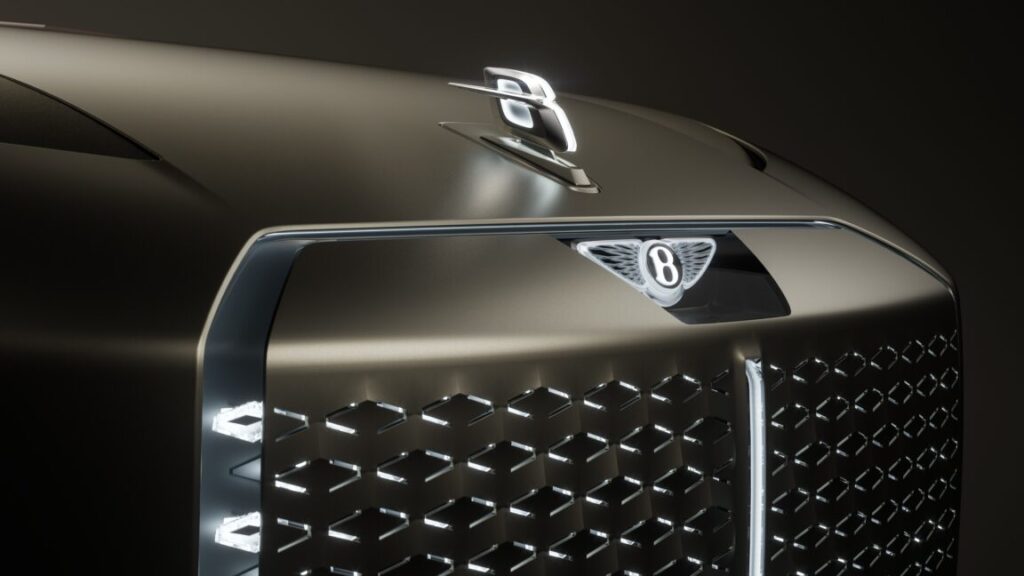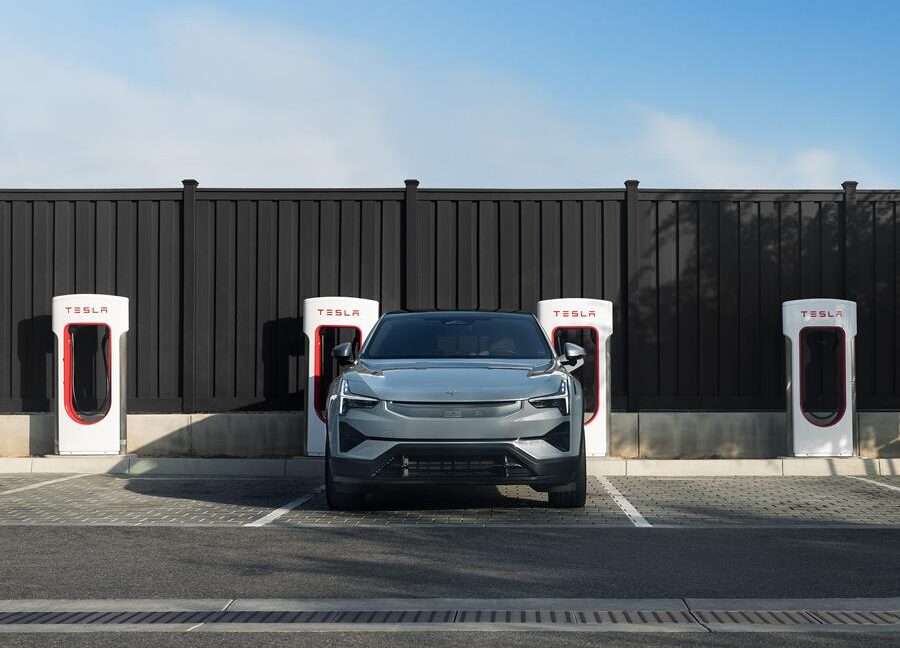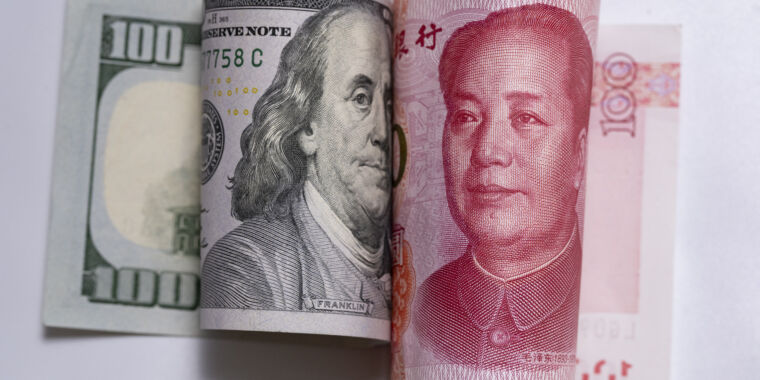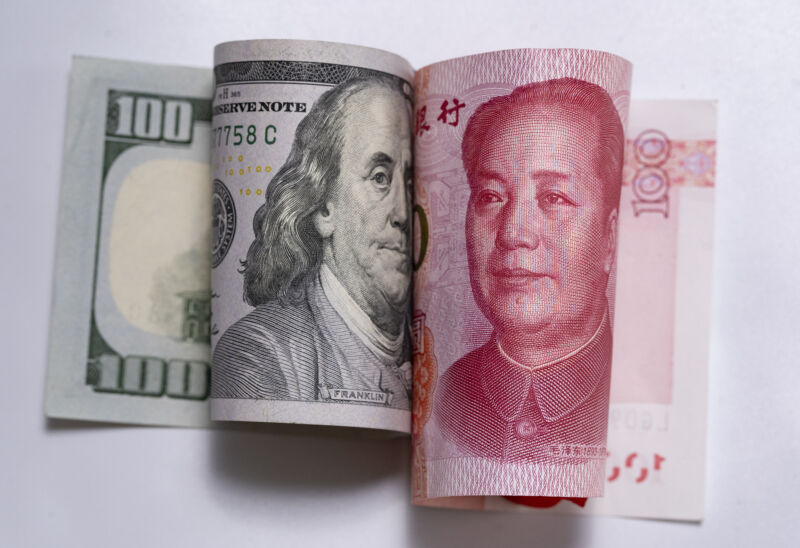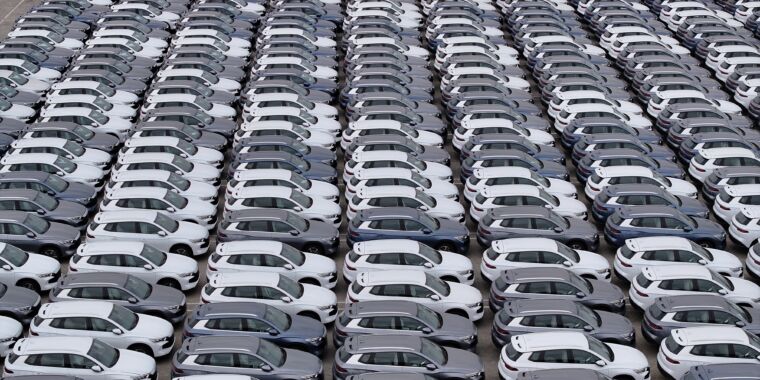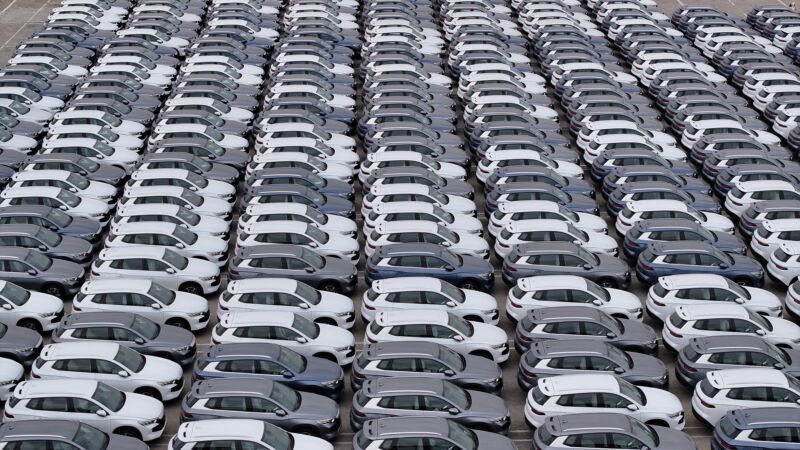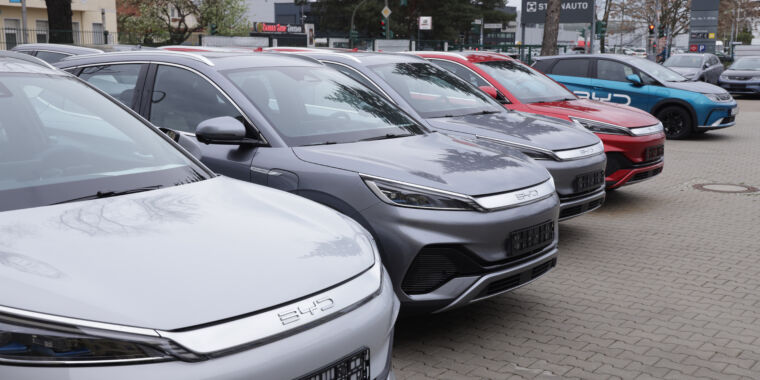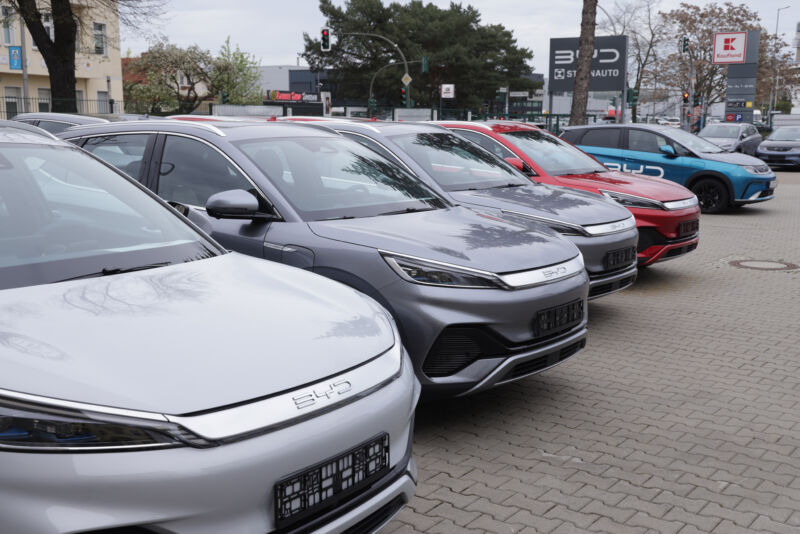Beyond technology? How Bentley is reacting to the 21st century.
Chinese manufacturers are embedding more digital bells and whistles that impact all segments of the market, and not just in China. “Just as in other segments, the Chinese OEMs are moving faster than anyone else on software, especially for infotainment, bringing big screens and digital assistants with homegrown software and lots of connectivity, but also on driving assist and automation,” Abuelsamid said. “These vehicles are being equipped with lidar, radar, cameras, and point-to-point driving assist, similar to Tesla navigation on Autopilot.”
The onslaught of features by Chinese competitors has luxury European automakers on their toes.
“Hongqi is probably the closest to a direct competitor in China and certainly has some offerings that might considered be in a similar class to Bentley,” Abuelsamid said. “There are numerous other brands that continue to move upscale and will likely eventually reach a similar level, even if they aren’t as hand-built as a Bentley, such as the BYD Yangwang U8 SUV.”
For example, the Maextro S800, a premium car born out of Huawei and JA joint venture, crab-walks a 16-degree angle to make tight parking easy, features hand-off “level 3” partially automated driving, and charges from 10 to 80 percent in just 10.5 minutes, according to Inside EVs.
“We see it drives demand for features and what people expect their cars to have,” Walliser said. “They say, ‘Hey, if my $50,000 car has self-driving capabilities, why don’t I have it in my $250,000 car?’ So this is the real rival. It’s a feature competition, and it raises expectations,” Walliser said.
EXP 15
Bentley’s latest concept, the EXP 15, hints at this next generation of predictive elements customers say they want. Clever UX design includes a rotating dashboard and illuminated forms on the dash, which are mixed with fine wools, leathers, and premium materials in the cabin. “I think we have to continue [to think] like that in self-driving capabilities. We do not have to be first in the market,” Walliser said. “We need to plan when we offer it. It comes also for infotainment, for app connection, for everything that makes life in the car convenient, such as self-parking capabilities.”
Dr. Matthias Rabe serves on Bentley’s board of management and oversees Research and Development. He thinks the right approach to technology for Bentley is for the car to serve as a sort of virtual butler. “What I would like to have, for example, is that the customer drives to the front of the house, pops out, and the car parks itself, charges itself, and probably gets cleaned by itself,” Rabe said.
Beyond technology? How Bentley is reacting to the 21st century. Read More »
